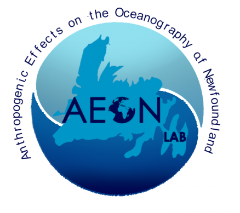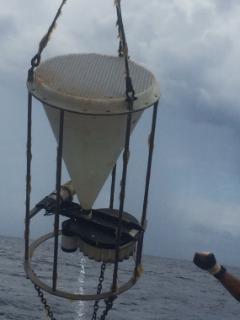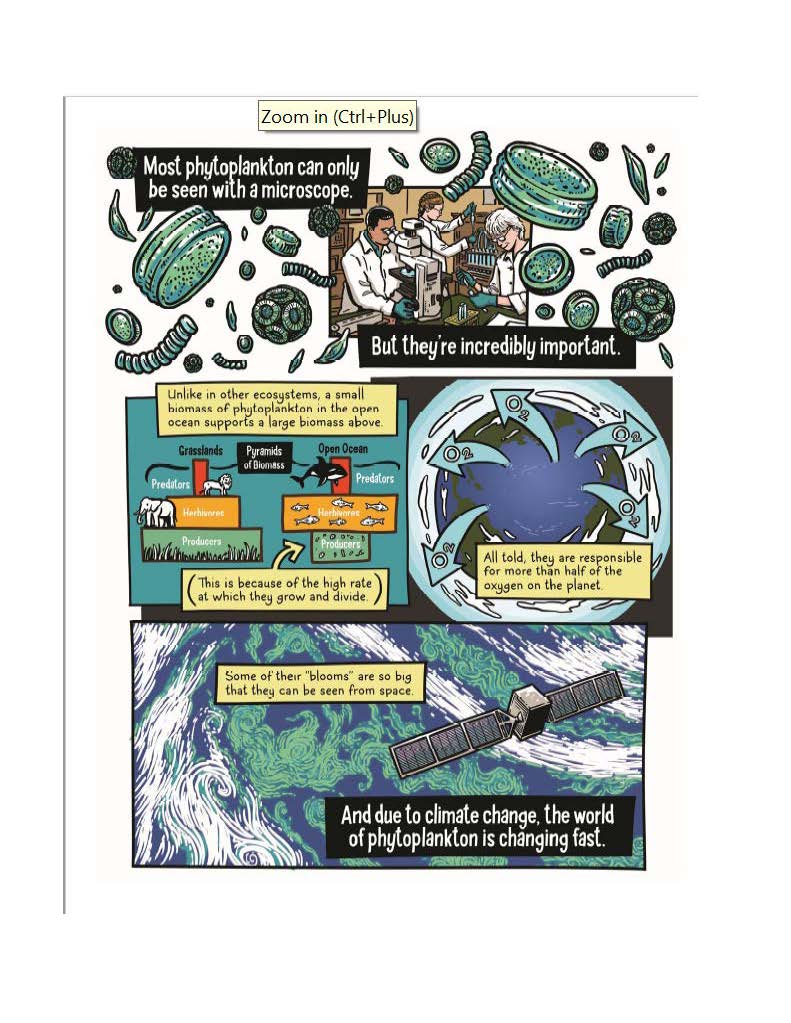Research Projects
Research Projects

In the AEON Lab (Anthropogenic effects on the Oceanography of Newfoundland) we study the impact of climate change and contaminants like oil or plastic on the functioning of the Biological Carbon Pump (BCP). This research will increase our understanding of the impacts of climate change, oil spills or plastic waste on marine ecosystems and allow the development of mediating strategies.
Within the Baseline project (Department of Fisheries and Oceans) we are locally assessing microplastic and oil pollution. Specifically we are investigating microplastic distribution in the water and sediments of Placentia Bay, and in Fortune Bay. Related work is asking how microplastic sinks to the seafloor and how microplastic might impact growth and aggregation of phytoplankton. In addition to targeting the BCP as an important transport pathway for microplastic, we are starting work on the role of micro-plastics in altering the BCP.

We’ve also determined the baseline concentration of hydrocarbons in different near shore and off-shore stations of Placentia Bay. Within the MultiPartner Oil Research Initiative, we are investigating the interactions between oil-dispersants and marine particles in the ocean and in freshwaters, as well as assess biodegradation of oil. The biodegradation potential of oil incorporated into marine or lake snow, may differ radically from that of freely dispersed droplets. And, will the ingestion of marine oil snow harm organisms feeding on it? How do natural microbial exudates influence the effectiveness of dispersant and the fate of spilled oil?
Within the Ocean Frontiers Institute (OFI) funded project The Northwest Atlantic as a climate ocean: Projecting future changes in productivity and the biological carbon pump (NWA-BCP; http://nwa-bcp.ocean.dal.ca/index.html), we are studying the functioning of the Biological Carbon Pump in the Labrador Sea, using sediment traps, field sampling and experiments. How do ongoing changes of the ocean environment affect its capacity to sequester carbon.
As part of the OFI funded Knowledge Co-production and transdisciplinary approaches for sustainable Nunatsiavut Futures, and in collaboration with the Nunatsiavut Government, we sample plankton communities under the ice during winter along the coast of Labrador. The aim is to understand climate change impacts on the coastal food web, e.g. on Arctic Char. These investigations are meant to provide a basis for the development of plans for a sustainable future in this very vulnerable region.
